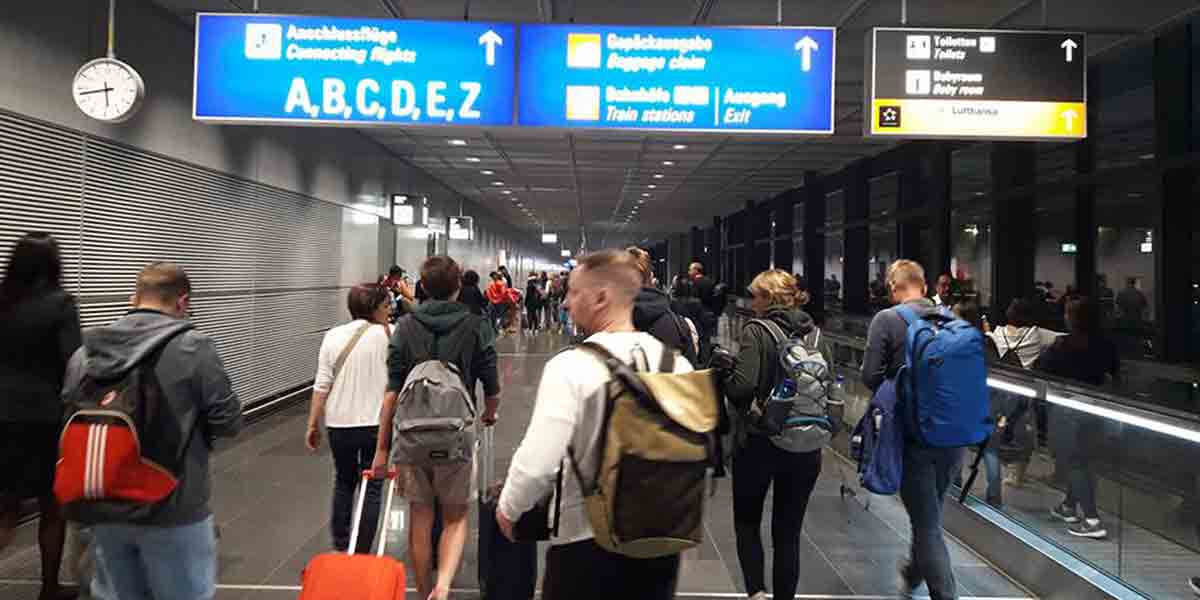The recent decision by the Iloilo City Council to halt seven infrastructure projects spearheaded by the Department of Public Works and Highways-Iloilo City District Office (DPWH-ICEDO) raises serious concerns about the political motivations behind such actions and their subsequent impact on the city’s residents.
The council’s resolution to revoke the DPWH’s authority to construct these projects lacks legal clarity and fails to provide verifiable evidence of project delays, underscoring a troubling trend where politics interferes with public service.
Mayor Jerry Treñas’s vehement stance against the DPWH’s Iloilo City District Engineering Office (ICDEO), especially the declaration of District Engineer Roy Pacanan as persona non grata, appears rooted more in political discord than in genuine concern for public welfare.
To note, these DPWH-ICDEO projects came to fruition through the facilitation of the budgets in Congress by lone district Rep. Julienne “Jam-jam” Baronda. And it is no secret to all the fallout between Treñas and Lone District Rep. Julienne “Jam-jam” Baronda, following the mayor’s endorsement of his daughter’s candidacy for the lone district representative.
Apparently, the split has spilled over into local governance, detrimentally affecting ongoing and future projects.
Rep. Baronda, in her defense, outlined the complexities of these large-scale infrastructure projects, which require phased financing due to their substantial nature. Her office’s facilitation of these projects at the national level highlights a commitment to addressing local needs through initiatives such as multi-purpose buildings, breakwaters, and hospital facilities. These are not mere constructions but vital infrastructures intended to enhance the quality of life for Iloilo City residents.
The implications of the council’s decision are far-reaching.
Firstly, halting these projects jeopardizes the benefits they are meant to deliver to the community. Infrastructure like drainage systems, multi-purpose buildings, and hospital facilities are essential for the city’s resilience and growth.
For instance, the completion of drainage projects in Brgy. San Isidro, Jaro, which have been lauded even by City Hall, showcases the DPWH’s capability to address critical local issues effectively.
Secondly, the financial burden of completing these projects could potentially fall on the city government if the national government’s involvement is revoked. This shift would strain Iloilo City’s budget, diverting funds from other essential services and development initiatives.
The staggered budgeting from the national government, while imperfect, provides a structured financial approach to managing extensive projects that local budgets may struggle to accommodate.
Additionally, this move ignores the legislative groundwork laid by then-Congressman Jerry Treñas, who ensured that many of Iloilo City’s major streets were classified as national highways under the DPWH’s jurisdiction and budget. This classification was intended to secure sustained national funding for crucial infrastructure, a forward-thinking strategy now undermined by the council’s shortsighted decision.
Furthermore, the council’s timidity regarding the ongoing issues with the sinking P680-million Ungka flyover, which has caused significant disruption and inconvenience to the public, contrasts sharply with its aggressive stance against the DPWH. This inconsistency suggests a selective approach to infrastructure oversight, driven more by political animosities than by a commitment to effective governance.
The council’s actions, driven by a lack of comprehensive verification and dialogue could verily be counterproductive.
Constructive dialogue with DPWH and a collaborative approach could have resolved issues without stalling development. This scenario underscores the necessity for governance that prioritizes public welfare over political rivalries.
Public interest should always be the primary consideration in governmental decisions, particularly those involving essential infrastructure. The Iloilo City Council’s recent actions reflect a concerning departure from this principle, risking the welfare of the city’s residents and the progress of vital projects.
Moving forward, it is imperative for all stakeholders to engage in transparent, evidence-based discussions to ensure that the city’s infrastructure needs are met efficiently and effectively, without political interference undermining public service.






















